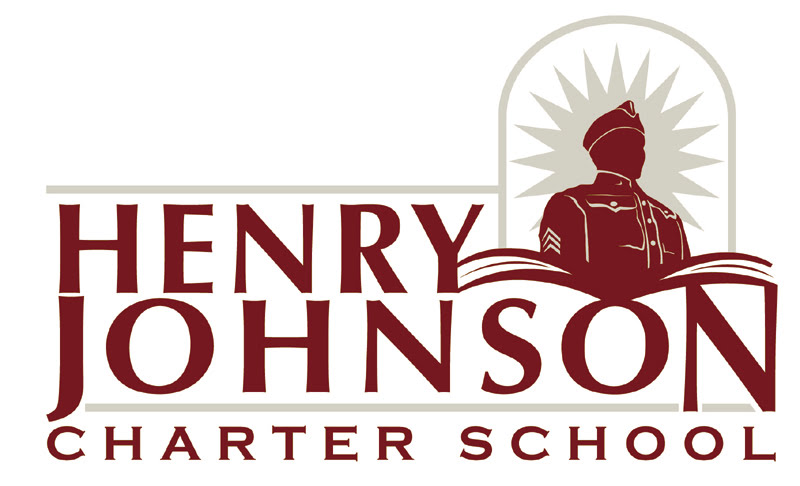SCHOOL CULTURE
Henry Johnson Charter School fully embraces the importance of helping scholars develop sound character and positive values.
Henry Johnson Charter School fully embraces the importance of helping scholars develop sound character and positive values. As reflected in our tag line, “Building Character” precedes “Achieving Excellence”—not because character is more important but because it is the primary component necessary to the achievement of excellence, whether in one’s academic or personal life.
Attention to character is, therefore, central to the Henry Johnson program and a part of every day in our school. As a school community we place emphasis on the necessity and importance of making good choices.
Each month a different Core Value is explored. Each class discusses the value throughout the month, reads stories, and provides incentives and awards for scholars who work hard to demonstrate that core value in school.

GOALS
To achieve academic success and build exceptional character for all of our scholars, the Henry Johnson Charter School has the following goals:
A scholar’s ability to learn and to meet high academic standards, and a school’s ability to educate its scholars is compromised by incidents of discrimination or harassment including bulling, taunting, or intimidation. The Dignity Act makes it official policy of New York State that all scholars in public schools have the right to an education free of discrimination and harassment.
To promote civility in public schools, and to prevent and prohibit conduct which is inconsistent with a school’s educational mission, the Dignity Act requires every school district in New York State to include an age appropriate version of the policy in its code of conduct. The Dignity Act addresses material incidents of harassment and discrimination of scholar by scholar, as well as of scholars by faculty or staff.
The Dignity Act includes, but is not limited to, acts of discrimination and harassment based on a scholar’s race, color, weight, national origin, ethnic group, religion, religious practice, disability, sexual orientation, gender (defined to include gender identity or expression), or sex.
1. 85% of scholars will read on or above grade-level by the end of the year
2. 85% of scholars will achieve EOY words correct per minute (WCPM) target
3. 85% of scholars will achieve proficiency on grade-level assessments
1. 85% of scholars will demonstrate significant growth across three writing genres
2. 85% of 3rd and 4th grade scholars will write proficiently across all three genres
1. 85% of scholars will achieve proficiency on grade-level assessments
2. 100% of scholars will master grade-level required fluencies
1. Every scholar will develop a measurable learning goal in reading, writing, and math
2. Every scholar will be able to progress monitor their own learning goals
3. Every scholar will be able to articulate their individual academic progress during a scholar-led parent conference
A scholar’s ability to learn and to meet high academic standards, and a school’s ability to educate its scholars is compromised by incidents of discrimination or harassment including bulling, taunting, or intimidation. The Dignity Act makes it official policy of New York State that all scholars in public schools have the right to an education free of discrimination and harassment.
To promote civility in public schools, and to prevent and prohibit conduct which is inconsistent with a school’s educational mission, the Dignity Act requires every school district in New York State to include an age appropriate version of the policy in its code of conduct. The Dignity Act addresses material incidents of harassment and discrimination of scholar by scholar, as well as of scholars by faculty or staff.
The Dignity Act includes, but is not limited to, acts of discrimination and harassment based on a scholar’s race, color, weight, national origin, ethnic group, religion, religious practice, disability, sexual orientation, gender (defined to include gender identity or expression), or sex.
